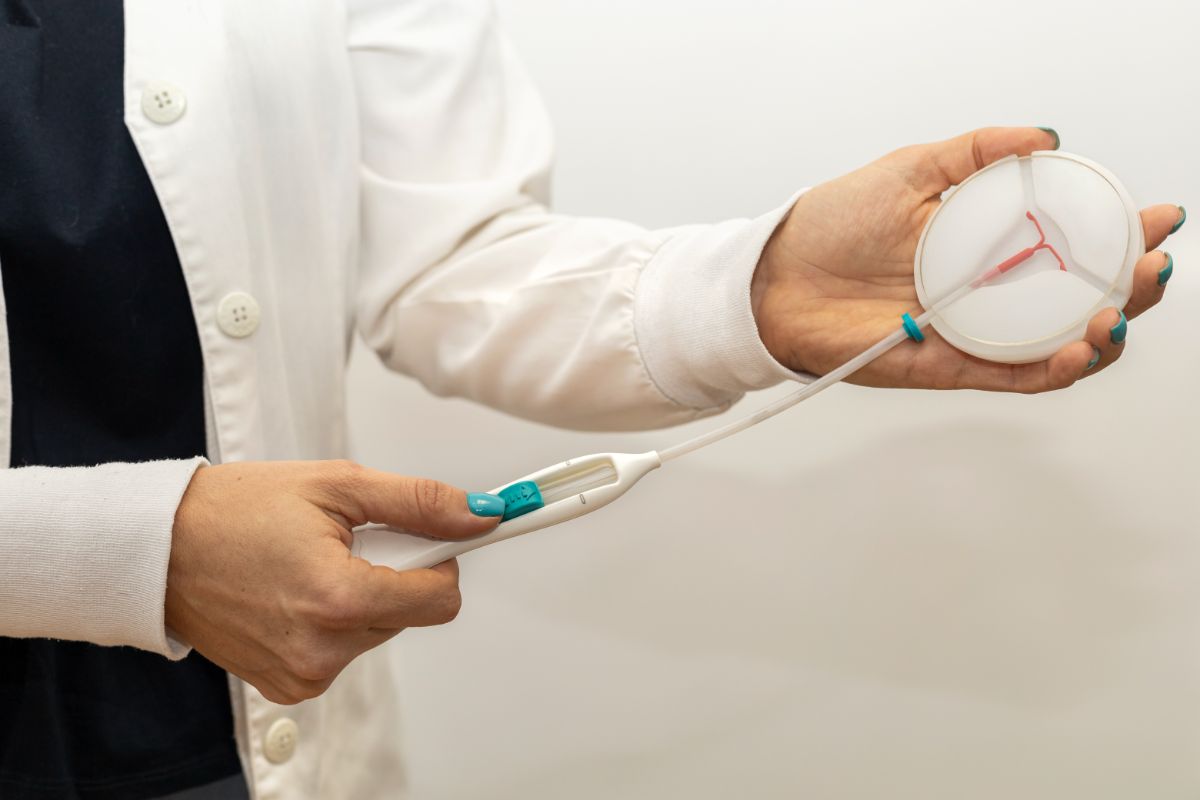Whether you’ve never been on birth control before or are looking to learn more about your options, there are many different types available. It can take some time and planning to figure out which method is best for you, a process that can be stressful or confusing for many women. Here at MOGA, we aim to provide patients with trusted guidance that is clear and easy to understand. To learn the ABCs of birth control options, keep reading below!
Birth control basics
Birth control allows a woman to plan her family, including the number and spacing of her children. Some methods can also help with hormone-related issues, such as migraines, painful periods, and endometriosis. There is a wide range of birth control methods available, each with its own pros and cons. More than one method may be used at a time. For example, a barrier method like condoms or spermicide can be used along with any other birth control. Most birth control methods will require a prescription. Condoms and spermicide do not.
Barrier methods
Barrier methods prevent sperm from reaching an egg. These include both male and female condoms, diaphragms, contraceptive sponges, and cervical caps.
Male condoms tend to be the most effective barrier method for preventing pregnancy and sexually transmitted infections (STIs.) Spermicide is a chemical method that blocks sperm from entering the cervix and slows sperm’s swimming ability. It is inserted into the vagina before intercourse and available in cream, gel, foam, and suppository form. Spermicide is mandatory with diaphragms and cervical caps and is often used in conjunction with condoms.
Short-acting hormonal methods
Combined hormonal contraceptives include oral contraceptives like the pill, the contraceptive patch (Ortho Evra), and the vaginal ring (NuvaRing.) These options contain synthetic estrogen and progestin that help prevent pregnancy by inhibiting ovulation and thickening cervical mucus. There is also a progestin-only pill that is often referred to as the “mini pill.”
For maximum effectiveness, the pills should be taken at the same time every day. The patch sticks anywhere on the skin (except the breasts) and must be reapplied weekly, while the flexible NuvaRing is inserted into the vagina each month for three weeks at a time.

Long-acting reversible contraceptives
There are two types of intrauterine devices (or IUDs) in this category, hormonal and hormone-free. An IUD is inserted by a health care provider through the cervix into the uterus during an in-office procedure with no surgery needed. The T-shaped device has a short string that hangs into the vagina that is used to remove it when the time comes.
Hormonal IUDs such as Mirena, Skyla, Liletta, and Kyleena release a progestin hormone called levonorgestrel into the uterus. This causes a thickening of the cervical mucus which inhibits sperm from reaching or fertilizing the egg. The devices may also prevent the ovaries from releasing eggs. These hormonal IUDs are FDA-approved for long-term use and will typically last for 3-5 years. They come with the added benefit of significantly lighter periods or sometimes no periods at all.
ParaGard is a hormone-free copper IUD that prevents sperm from reaching and fertilizing the egg. It will also prevent implantation of a fertilized egg, so it can be used for emergency contraception as well as birth control. In fact, it is considered to be the most effective emergency contraceptive if implanted within 120 hours of unprotected sex. If this guideline is followed, it has a 99.9% success rate! Although it can cause heavier periods with more cramping, many patients say this side effect declines over time. A ParaGard IUD can remain in the uterus for up to 10 years.
The Nexplanon contraceptive implant features a rod about the size of a matchstick placed under the skin of the upper arm. It works by releasing progestin to stop the ovaries from releasing eggs, and also thickens cervical mucus to make it more difficult for sperm to enter the uterus. Nexplanon lasts about 3 years. Some women may experience irregular menstrual bleeding with this method.
Contraceptive injection
Depo-Provera is a shot of synthetic progestin that is injected directly into the arm or hip every three months. It stops the ovaries from releasing eggs, and also makes it harder for sperm to enter the uterus by thickening the cervical mucus. Maintaining a schedule with this method is important since getting the shot outside of an 11- to 13-week window will decrease effectiveness.
Permanent sterilization
For patients who are positive they do not want any more pregnancies, permanent contraception exists for men and women. Men may choose a vasectomy, which involves a surgery that will cut and seal the tubes that carry sperm into the semen. Women may opt for tubal ligation surgery or the implantable Essure System. Both of these methods block the fallopian tubes and prevent sperm from reaching the egg.

Get the best birth control for you at MOGA
There are several factors involved in determining the right birth control for you, including your family and medical history as well as your daily lifestyle. Like any other medication, birth control comes with some potential risks and side effects. Speaking to your doctor before obtaining a birth control prescription is vital for your health and wellbeing! Together, the two of you can work through your preferences and discuss which method would best suit your specific needs.
Memphis Obstetrics & Gynecological Association, P.C. is the largest private women’s health practice in the Mid-South area, and has been providing superior service to our patients for over 30 years. With dozens of doctors and nurse practitioners available in Memphis, Germantown, Bartlett, and Southaven, we make it easy for you to get the personalized care you need, when you need it.
If you are looking for more information on birth control, let us help you find the perfect fit for you! You can make an appointment with us by calling our office or schedule one online through our website.


